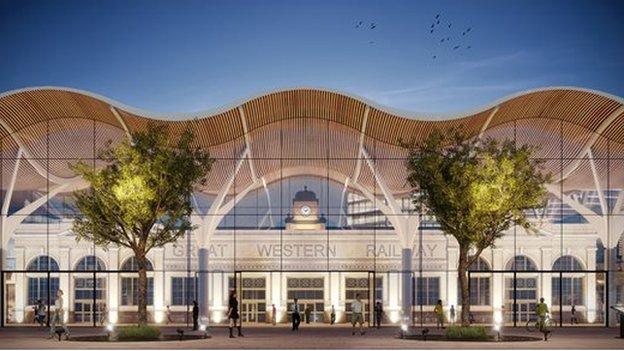Arriva Trains Wales profits 'too high', says minister
- Published
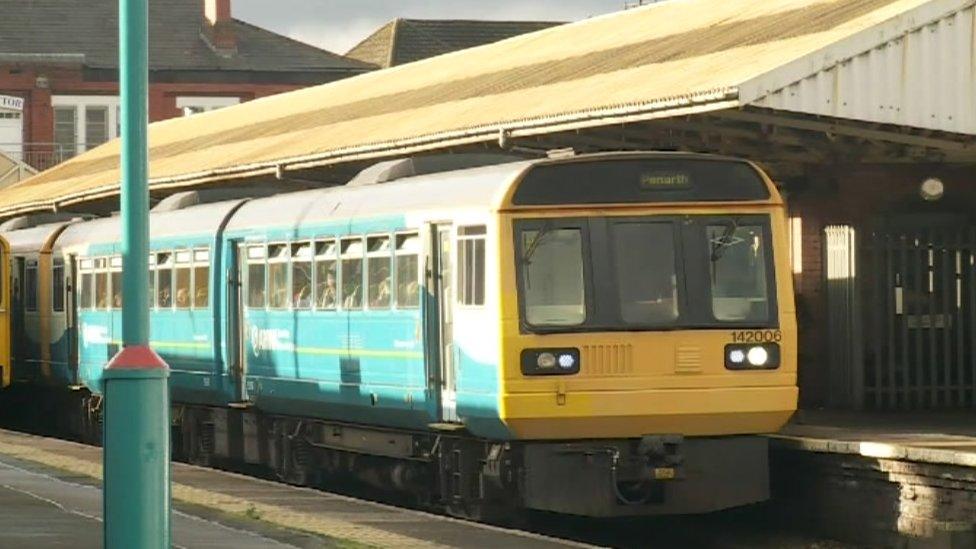
Profits made by Arriva Trains Wales are too high and it has been "galling" for the Welsh Government to spend millions of pounds on additional services, Economy Minister Ken Skates has said.
The company made 6.9% profit after tax last year, double those of similar regional franchises in the UK.
The Wales and Borders franchise is one of the UK's most heavily subsidised, receiving between £110m-£160m a year.
Arriva says it has invested more money back into Welsh routes than it had to.
It said the terms of the original franchise awarded in 2003 did not make any allowances for passenger growth.
Investigations by BBC Wales' Week In Week Out also found overcrowding in Cardiff stations during the morning commute was rising at a faster rate than anywhere else outside London, according to figures from the Department for Transport.
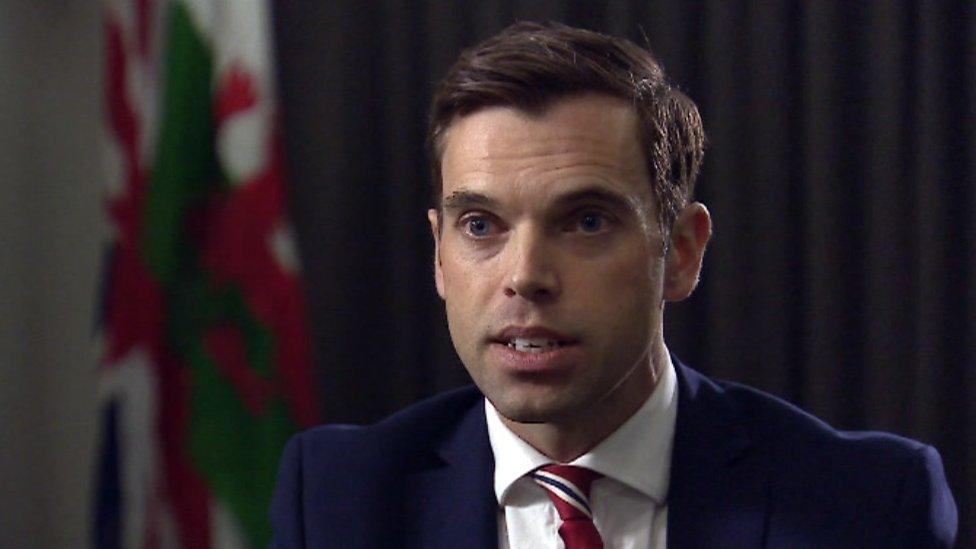
Economy Minister Ken Skates: "I constantly raise the need to improve services"
The number of rail journeys taken in Wales has risen from 18m in 2003 to 30m a year now.
Lynne Milligan, customer services director at Arriva Trains Wales, said: "We operate about 20% more than is contractual to us so we have really made a commitment to this business.
"We have invested well over £30m in a whole series of customer enhancements and this year alone we're going to invest further £2.5m despite the fact that in 18 months' time we might be walking away from it."
The existing franchise comes to an end in October 2018. The Welsh Government will decide who takes over. Arriva is one of four companies who are bidding for a new contract in which profits will be capped.
Mr Skates believes the current profit rate made by the company is too high.
On 19 November, 2016, 70,000 rugby fans travelled through Cardiff station for the Wales v Japan match
He said: "It is galling that we spend £25m a year on additional services above and beyond the franchise agreement.
"It stands to reason they should be investing more in the service and I constantly raise with Arriva Trains Wales the need to improve services."
He was also critical of the terms of the original contract: "Had it been a more robust agreement reached in 2003, based on an increase in passenger numbers, it would then have obligated the operator, in this case Arriva Trains Wales, to source more rolling stock."
The company says delays in the electrification of a number of mainline routes has led to a shortage of spare rolling stock around the UK, which means it has been unable to lease new carriages to cope with increasing demand.
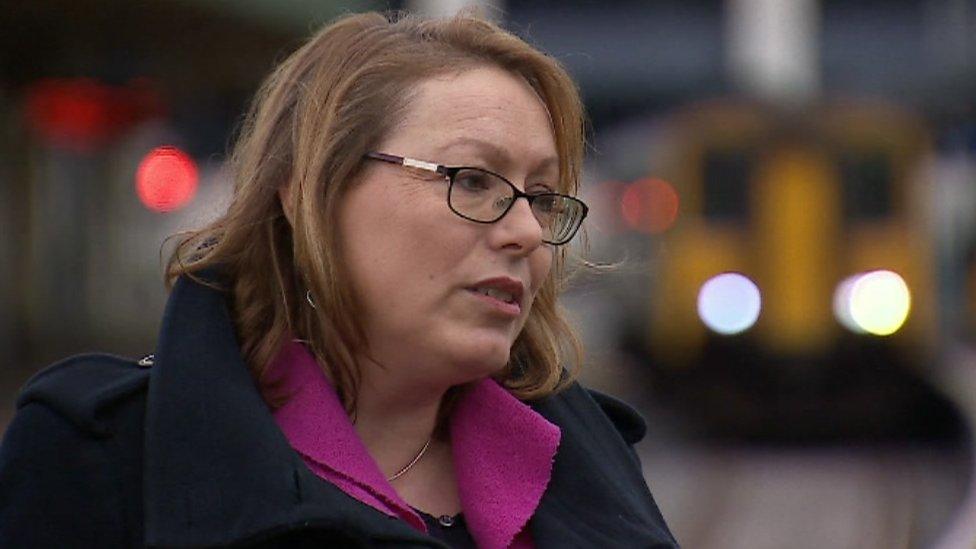
Arriva Trains Wales' Lynne Milligan said the company did not have the rolling stock to meet passenger demand
There have also been problems with ageing rolling stock, which Arriva Trains Wales believes is the oldest in the UK.
Lynne Milligan added: "The train service is really challenged and we know that. We get customer feedback every day. I'd love to be able to say 'here's more trains, give everyone a seat on those services' but we just don't have it.
"The challenge for us is how do we make the best possible service we can with the trains that we've got."

Travellers tales
Matt Marshman is one of tens of thousands of workers who catch the train to work from his home in Ebbw Vale.
He said: "I'm lucky I get a seat but further down if there's less than three carriages you're not getting on."
Rhiannon McElhenny from Ton Pentre says her main worry is getting to work on time. While most trains run to schedule there have been delays which have led to her being late.
She said: "It's just really stressful because straight away you are worrying about explaining to work that you're late again and it's not by two to three minutes, it's anything up to thirty or forty minutes that I have been late. There's nothing you can do about it, you are at the mercy of the train."

More than half of delays experienced by passengers are due to problems on the track, which is the responsibility of Network Rail.
Mr Skates has called on the UK government to invest more in rail infrastructure in Wales.
He says Network Rail invests 1% of its overall budget in Wales, despite 6% of the rail network being in Wales.
Network Rail says an investment of £300m on a new signalling system in Cardiff will deliver improvements.
The UK government said the provision and funding of the rail franchise in Wales is the responsibility of the Welsh Government.
"Week In Week Out: What's Wrong with our Trains?" is on at 22:40 GMT on BBC One Wales on Tuesday 24 January.
- Published24 January 2017
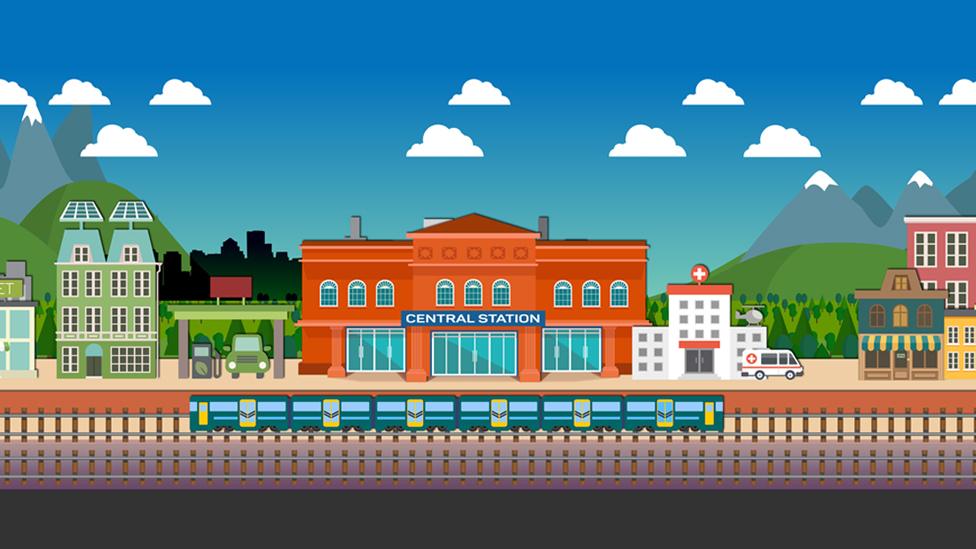
- Published24 January 2017
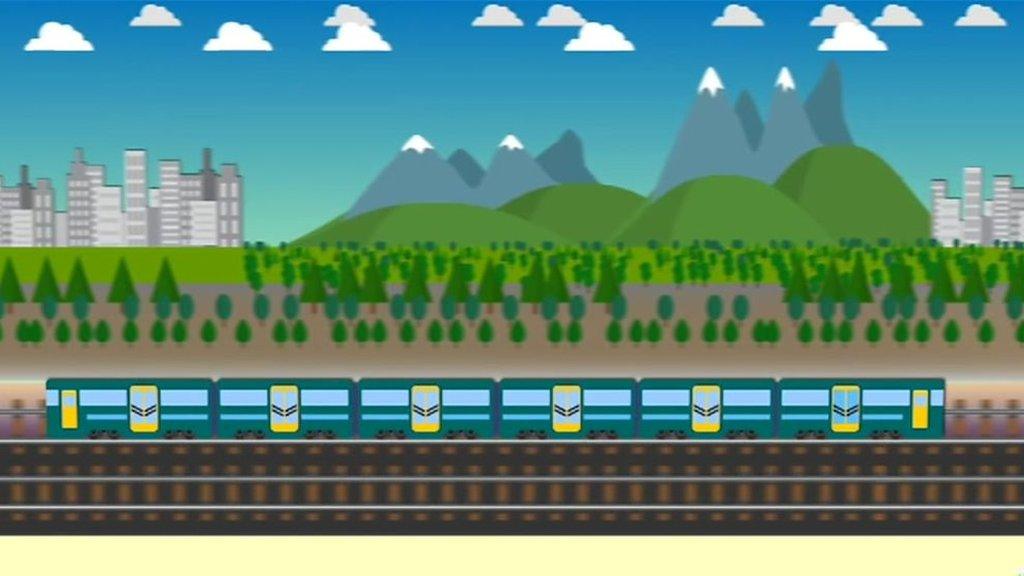
- Published8 November 2016
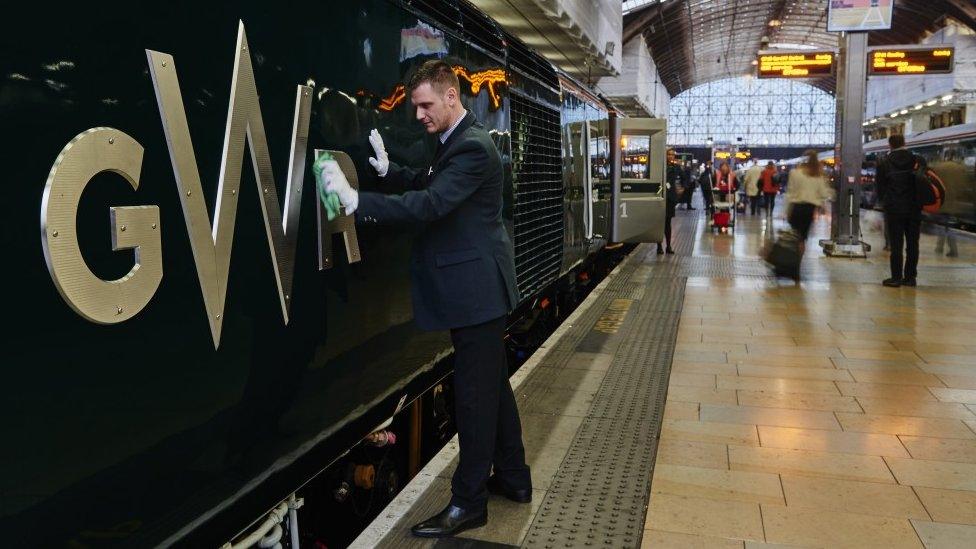
- Published10 May 2016
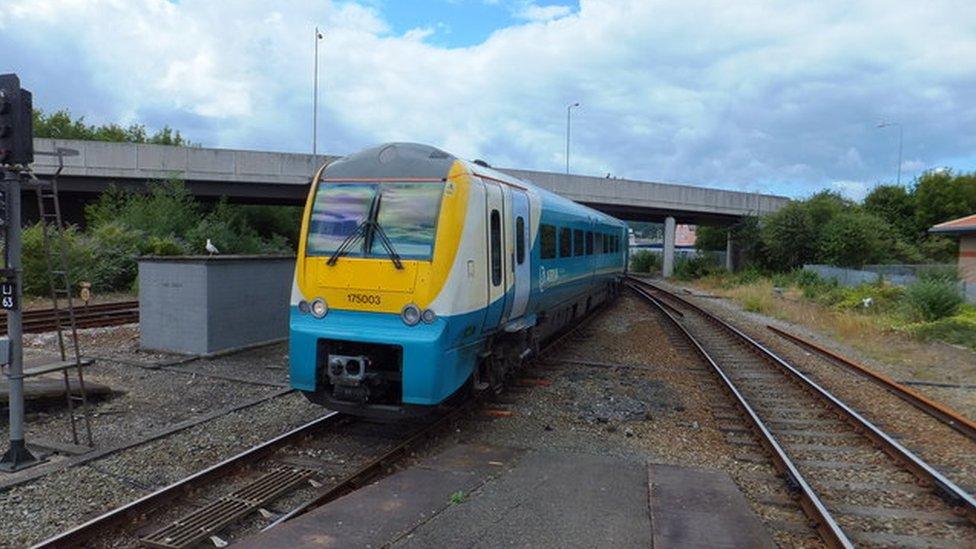
- Published25 November 2015
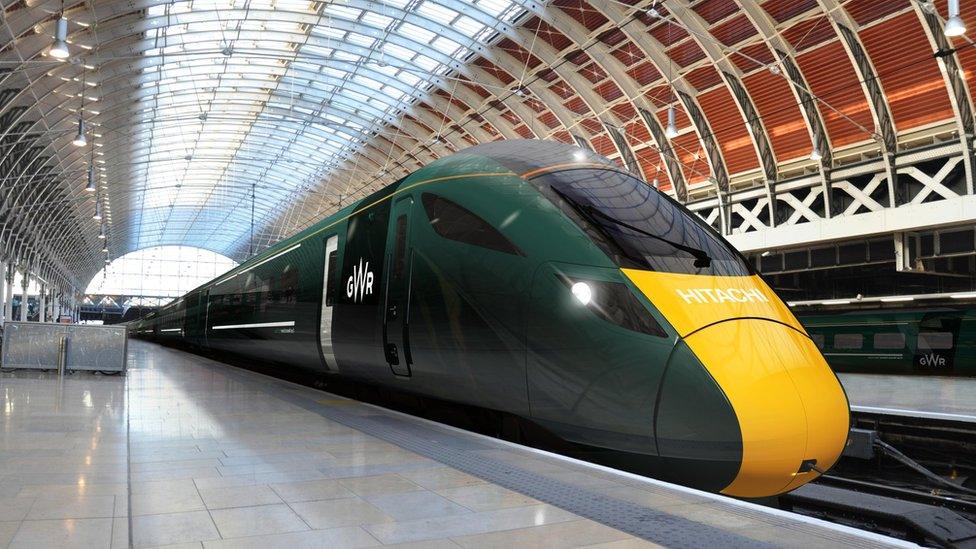
- Published4 March 2015
